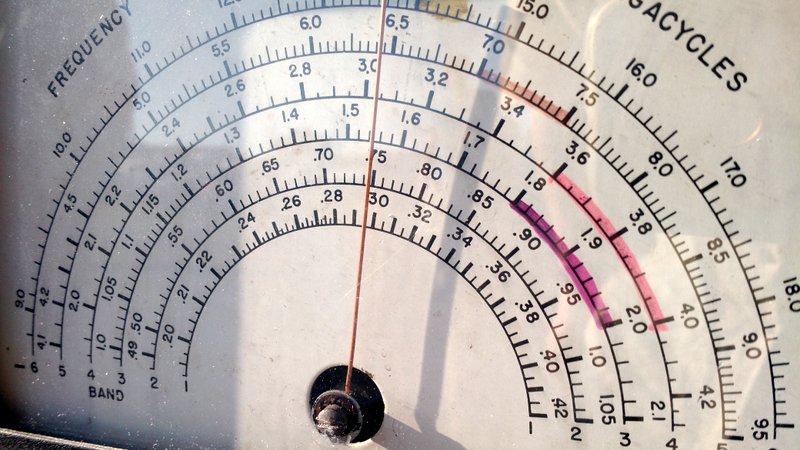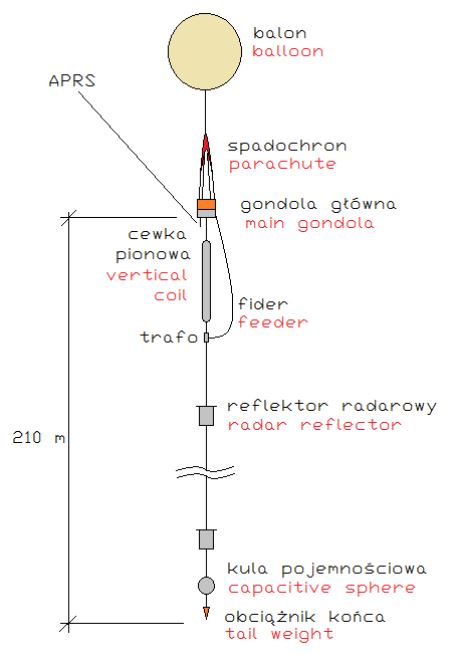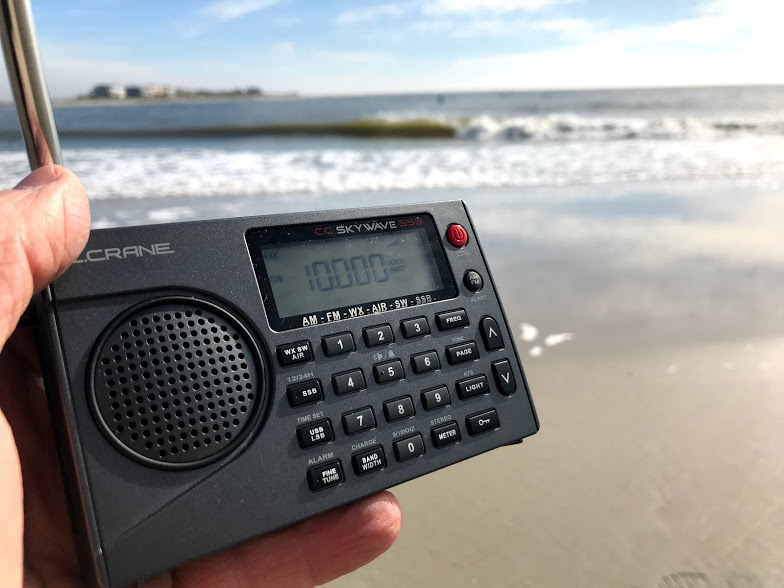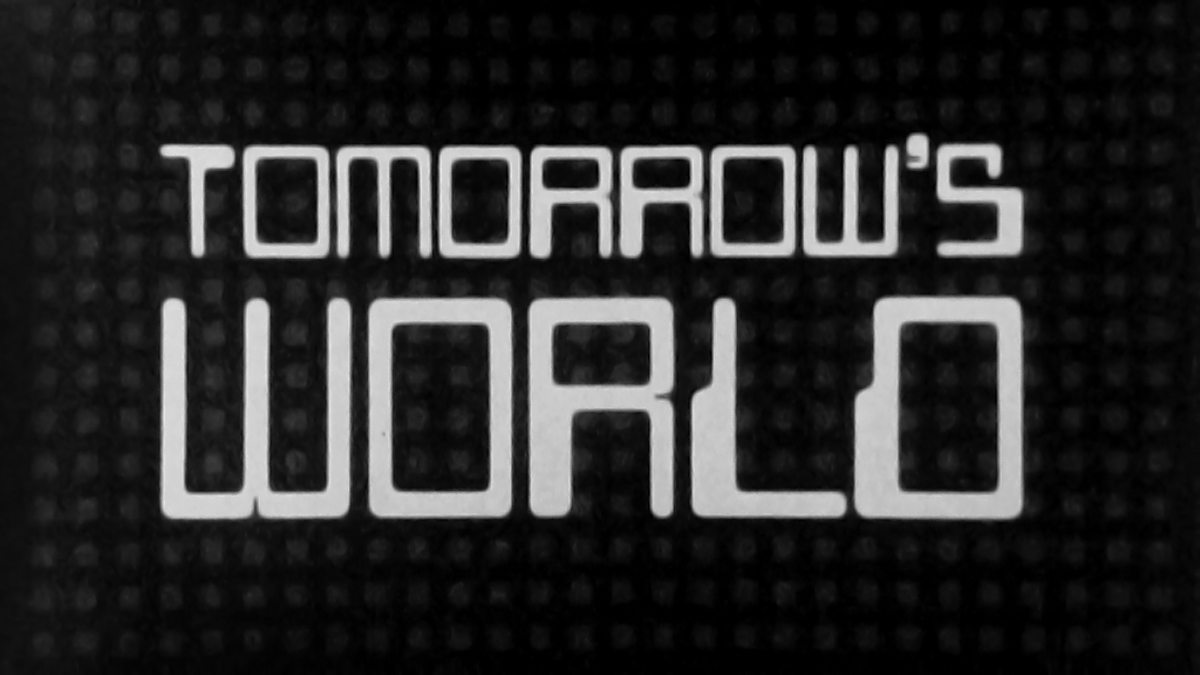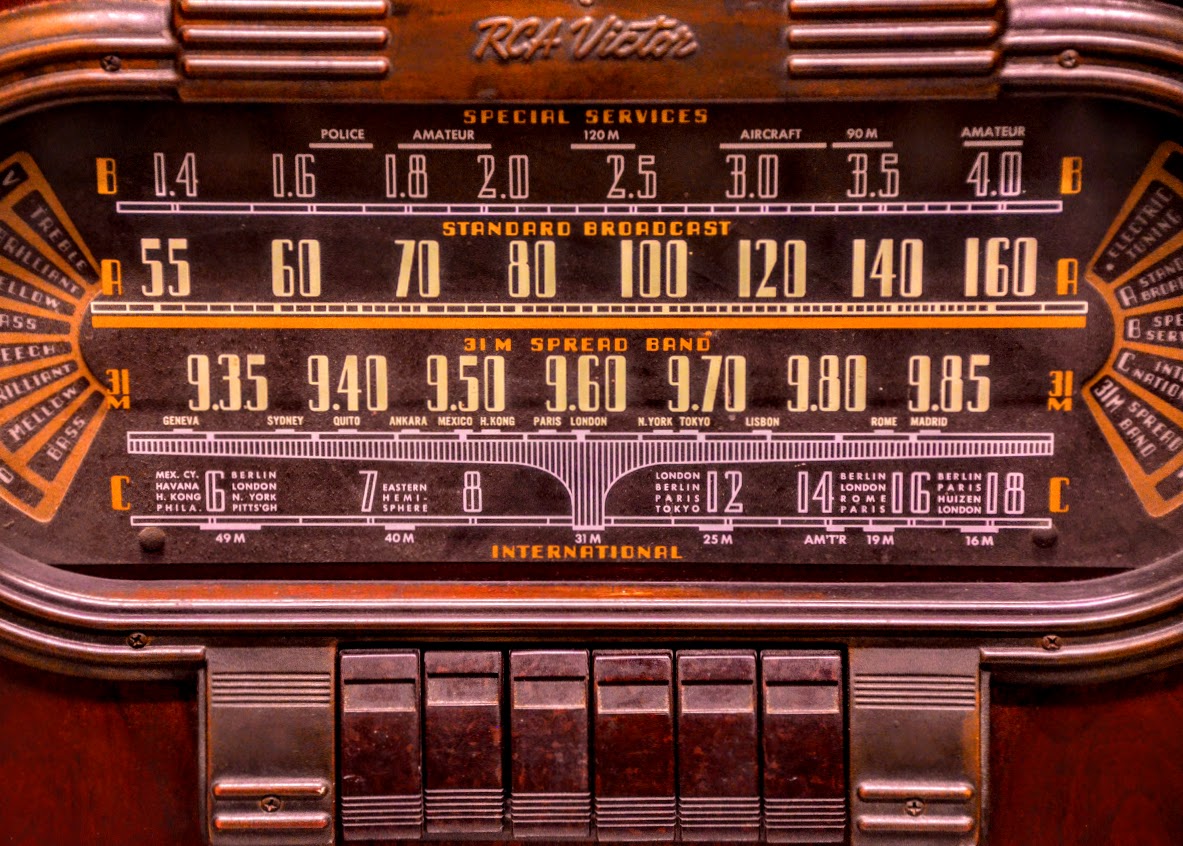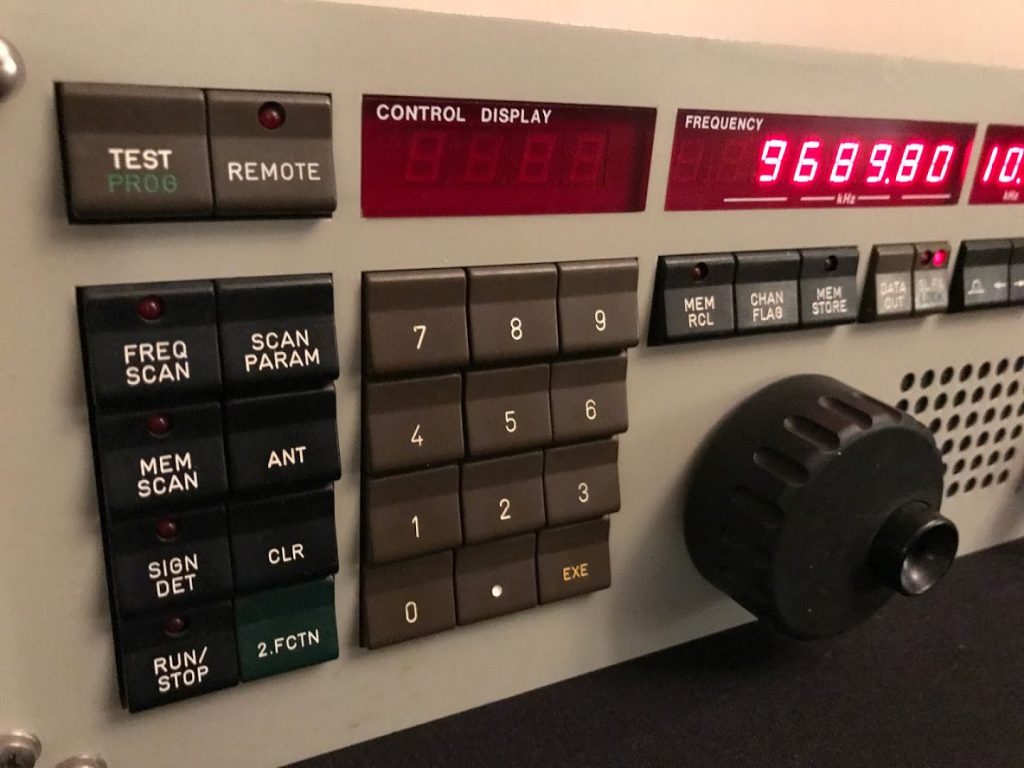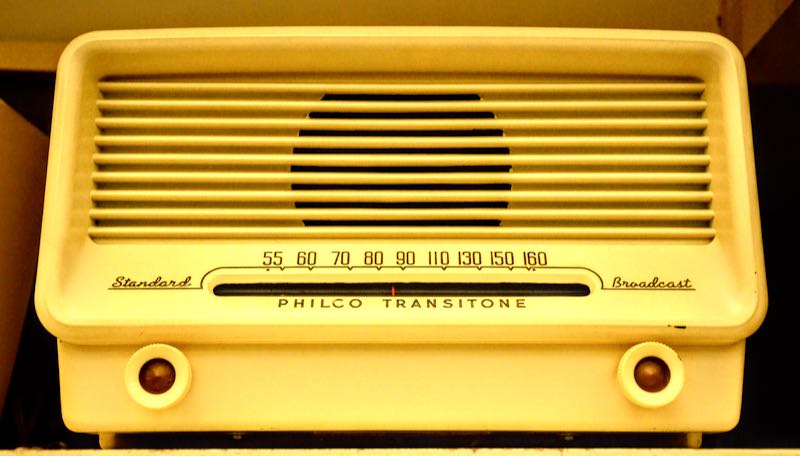 Radio Waves: Stories Making Waves in the World of Radio
Radio Waves: Stories Making Waves in the World of Radio
Because I keep my ear to the waves, as well as receive many tips from others who do the same, I find myself privy to radio-related stories that might interest SWLing Post readers. To that end: Welcome to the SWLing Post’s Radio Waves, a collection of links to interesting stories making waves in the world of radio. Enjoy!
Many thanks to SWLing Post contributors BJ Leiderman and Richard Black for the following tips:
There are more than 2,000 active satellites orbiting Earth. At the end of their useful lives, many will simply burn up as they reenter the atmosphere. But some will continue circling as “zombie” satellites — neither alive nor quite dead.
“Most zombie satellites are satellites that are no longer under human control, or have failed to some degree,” says Scott Tilley.
Tilley, an amateur radio operator living in Canada, has a passion for hunting them down.
In 2018, he found a signal from a NASA probe called IMAGE that the space agency had lost track of in 2005. With Tilley’s help, NASA was able to reestablish contact.
But he has tracked down zombies even older than IMAGE.
“The oldest one I’ve seen is Transit 5B-5. And it launched in 1965,” he says, referring to a nuclear-powered U.S. Navy navigation satellite that still circles the Earth in a polar orbit, long forgotten by all but a few amateurs interested in hearing it “sing” as it passes overhead.[…]
You wouldn’t normally hear a tractor driving past or birds tweeting in the background of Ken Bruce’s BBC Radio 2 show.
But, if you listen closely, those are just a few sounds you might be able to pick up on now the presenter is broadcasting from his Oxfordshire home.
“I do live in dread of the binmen arriving or the Royal Air Force flying over in extremely noisy Chinooks as they do sometimes,” Bruce laughs. “But so far it’s been fine.”
Bruce’s mid-morning show on Radio 2 – which he has hosted continuously since 1992, following an earlier stint in the 1980s – is particularly popular at the moment as more listeners turn to the radio while confined to their homes.
“At a time like this, people want to hear the news, but they don’t want it all day,” Bruce says. “From my point of view, I’ll pay attention to one news broadcast a day, and after that I don’t really want to know too much unless it’s a major development.
“So escapism is a big part of keeping people feeling right during this and I think we provide a certain amount of that, a chance to put the worries of the world to one side.”[…]
MILLIONS OF PEOPLE in lockdown are finding diversion at the flick of a dial. According to Radiocentre, the industry body for commercial radio in Britain, local and national stations reported increases in daily listeners of between 15% and 75% in the second half of March. They’ve got competition. Radio stations offering information, entertainment and reassurance to listeners isolated at home have sprung up from Ireland to Syria, Italy to India. Informal and interactive, many are run by amateurs from their homes, with producers learning the ropes as they go.
In Italy Radio Zona Rossa (Radio Red Zone) began broadcasting from the town of Codogno, the site of the country’s first locally transmitted coronavirus infection, just days after Lombardy went into lockdown on February 21st. Hosted by Pino Pagani, an octogenarian whose co-presenter and friend was killed by the virus in March, the twice-daily programme uses the registered FM frequencies of a local station, Radio Codogno, to provide updates on the spread of the virus and the opening hours of local essential services. Mr Pagani also interviews experts and invites residents to call in for a chat. [Note that the full article is behind a paywall …]
Doyle Owens loved radios––specifically ham radios. We don’t use them much these days; most of us don’t even know what they are (for the uninitiated: “ham” is slang for “amateur” radio, and its enthusiasts make a hobby of connecting with each other over radio frequencies). In the ‘60s and ‘70s, it was the equivalent of a group FaceTime call, sans face.
Doyle, call sign K4MUR, went to bed early so he could be on the radio by 4:30am to talk to friends in different time zones all around the world. Some were friends from childhood, friends from his days of service in the Korean War. Most of his friends, however, were friends he’d never met in person, who he knew only from the airwaves. Many of them knew him more intimately than the friends and neighbors he saw every day.
Those mornings were his window into the world outside Scottsboro, Alabama, population 9,324 (in 1970), where he’d been working in insurance since shortly after the Korean War. The insurance business paid, but it bored him to tears. Creative energy ran in his blood: during the Great Depression, his father ran a general store on wheels in rural Alabama, which he used to barter for much needed goods. Doyle knew he was destined for more, but he didn’t know what.
One day, a ham radio friend who worked for Trailways Bus Company in Washington, D.C. let Doyle and his friends in on an unusual problem: the bus line had an accumulating pile of unclaimed bags that they didn’t know what to do with. Doyle’s ears perked up. “How much would you sell it for?” he asked his friend. “Well, I’m not sure,” his friend said. They settled on three hundred dollars.
That afternoon, Doyle borrowed his father’s ’65 Chevy pickup truck and stopped at his father-in-law’s house on the way out of town to borrow three hundred dollars. When he returned, he and his wife Mollie Sue set to unpacking the massive load of luggage. They rented a house on the outskirts of town and set up card tables inside to display the contents of the luggage. Outside, a homemade storefront sign read “Unclaimed Baggage”. That Saturday the doors opened for business, and by the end of the day the tables were empty.
The rest isn’t exactly history. It took many more loads of luggage, many more loans, many more long days and short nights before Doyle’s business grew into the worldwide, fifty-year-old retail phenomenon it is today. But it all started with an idea.
No one knows where they come from, ideas. What we do know is that the right environment––the kind populated by dear friends, clear air, long drives down country roads and the like––clears space for them to land.
The current moment, plagued by uncertainty, financial distress and, well, actual plague, could be seen as less conducive than ever to creativity. Ernest Hemingway once wrote that worry destroys the ability to create, and ill health, which produces worry, attacks your subconscious and destroys your reserves. If we all, like Hemingway, had the ability to combat the malaise with all the fishing, sailing and boxing our hearts desire, we might not be in such a tough spot.[…]
Do you enjoy the SWLing Post?
Please consider supporting us via Patreon or our Coffee Fund!
Your support makes articles like this one possible. Thank you!

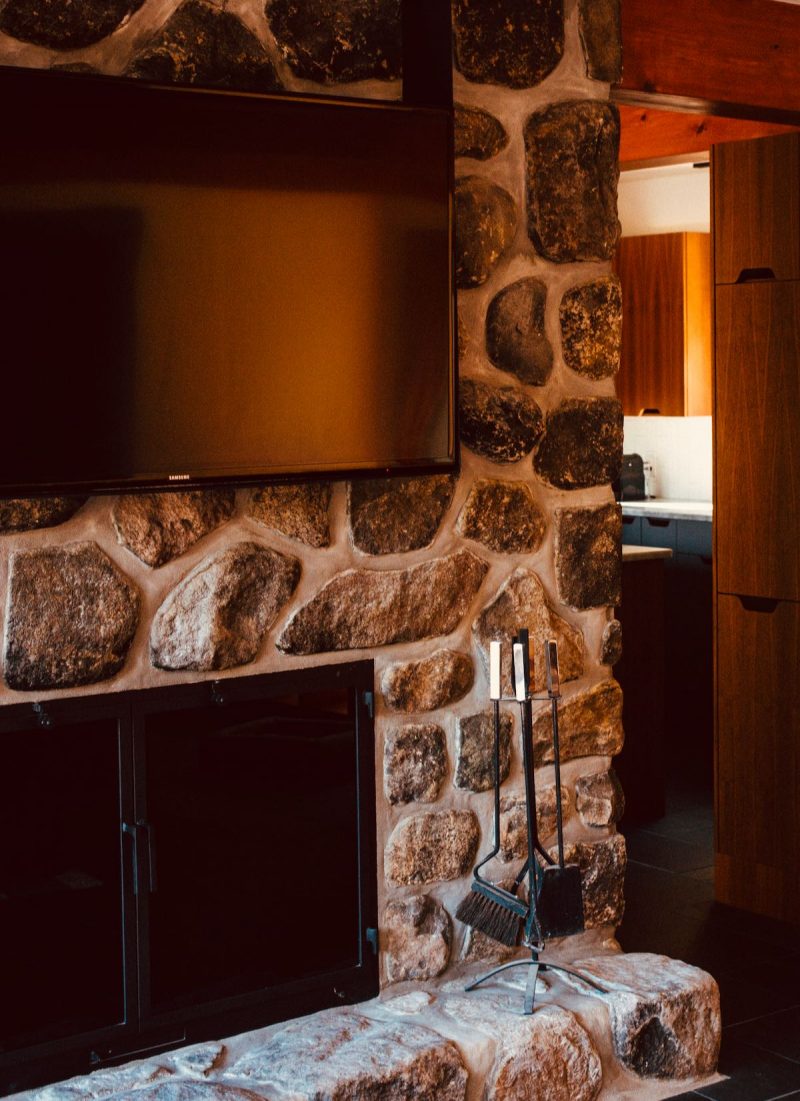 Many thanks to SWLing Post contributor, Jeremy, who–in light of our recent discussions about RFI–shares the following news item from the BBC:
Many thanks to SWLing Post contributor, Jeremy, who–in light of our recent discussions about RFI–shares the following news item from the BBC:
